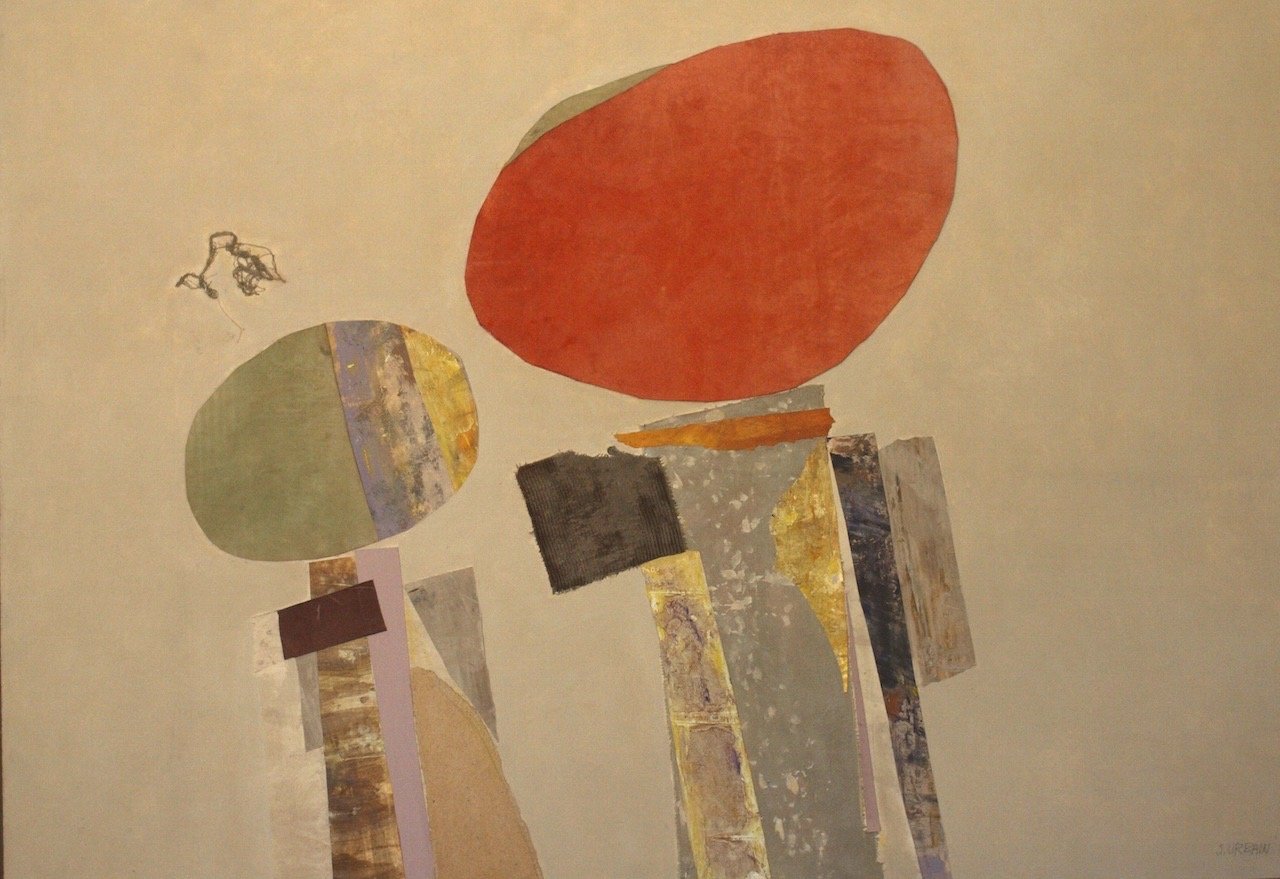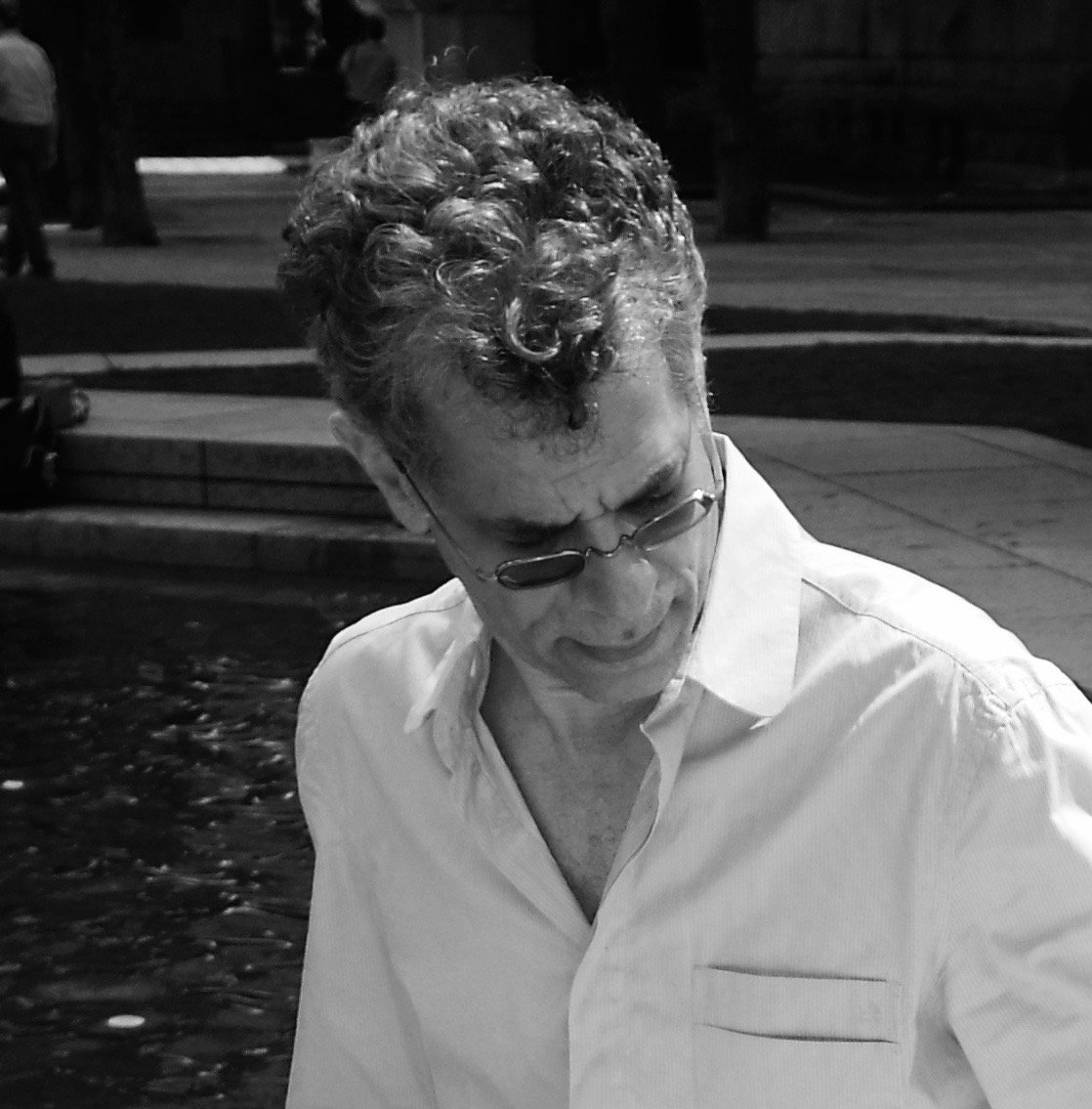Become who you are
“To say that a dream is useful may be tantamount to saying that breathing is useful. Try living without it.”
—Joyce Carol Oates
Ed Mendelowitz is an essayist, educator, and existenz-philosophical accompanist and guide whose work explores vital connections between psychology and the broader humanities. In both therapeutic and creative endeavors, literature, art, philosophy, cosmology, and ethics commingle with matters of spirit and scientific inquiry in ways that are wholly of a piece with aspiring souls in increasingly disjointed times. “Artists were psychologists, you know, and profound ones,” the playwright Eugene O’Neill opined, “before psychology was invented.” “Science lights,” rejoined Melville, '‘but cannot warm.” Each, in other words, has a place within the human dilemma and challenge.
Ed Mendelowitz received his doctorate from the California School of Professional Psychology in Berkeley where he worked closely with the preeminent psychotherapist and author Rollo May. He serves on the Existenz Executive Council for the Karl Jaspers Society of North America and the Honorary Advisory Board of The Humanistic Psychologist. Dr. Mendelowitz has contributed to some of the major compendiums of existential-humanistic praxis and thought. His writing explores the commingling of psychology and narrative with art, literature, music, cinema, religion, philosophy, and science. ETHICS AND LAO-TZU has been called "an extraordinary moral narrative” by the Pulitzer Prize-winning Robert Coles and "a compendium of wisdom from an astonishing variety of sources” by the late psychoanalyst and author Allen Wheelis. Mendelowitz is recipient of the Rollo May Award for “independent and outstanding pursuit of new frontiers in humanistic psychology.”
“Metamorphosis,” J. Urbain, 1978
The writer
“I love your personal writing—and the freedom of mind and spirit that informs it!”
—Robert Coles, M.D., Harvard University
“Ethics and Lao-Tzu is masterwork of dazzling proportions.”
—Margaret and George Yonemura, Bank Street School and SUNY at Binghamton
“Ed Mendelowitz is a careful, thoughtful scholar, an articulate presenter of ideas, and one of the most ethical, honest people I know. He is an original, creative thinker who integrates insights from a number of disciplines including psychology, religion, philosophy, literature, mythology and the creative arts— challenging us and opening new vistas.”
—David Elkins, Ph.D., Pepperdine University
“He writes like a European, not an American, at least not a contemporary American psychologist!”
—Sasha Watkins, LMHC, Harvard University
“You have grasped the innermost kernel.”
—Eugene Taylor, Ph.D., Massachusetts General Hospital
The accompanist and guide
“Dr. Mendelowitz is a wonderful guide because he really sees that I have my own wit and genius. When I am feeling a little insecure, it is his voice that holds out hope and quietly encourages me to believe in myself. Coming to see him is much different than anything I have ever known.”
—A young woman in psychotherapy
“Our first meeting stands out in my mind with intense clarity. He was a tall, slender man with a tranquil face and joyful disposition. His voice was soft and peaceful. He asked me into his office. The first thing he said wasn’t the typical, ‘So what can I do for you?’ All he said was, ‘Tell me about yourself.’”
—A young man in psychotherapy
“Ed Mendelowitz can’t be categorized as a clinician. I’ve known Ed well for some years as a person and in shared treatment of clients. You could say he works in the existential/humanistic tradition, which is true. But it’s not the whole story. That’s where he starts; where he goes is harder to explain. It has something to do with where you are and what you might be. For those needing or wanting to explore and better understand themselves, he is uniquely qualified.”
—Nassir Ghaemi, MD, MPH, Professor of Psychiatry, Tufts Medical Center
“It is important to recognize Ed Mendelowitz’s absolutely noble heritage, which proclaims itself not only in his writings and rich clinical narratives but also in the phenomenon of his friendships with luminaries like Rollo May and Eugene Taylor. I treasure him as one of the vital souls in psychology.”
—E. Mark Stern, Ed.D., Professor Emeritus of Psychology, Iona College
During his graduate years, Dr. Mendelowitz worked closely with Rollo May, one of the surpassing sages of the 20th century. This association has had lasting significance, culminating visibly in his role as teaching assistant to May and, more privately, in friendships that lasted until the older man’s death in 1994 and his wife, Georgia’s, in 2021. Ed’s work reflects this influence in its abiding meditation upon what is possible in the way of human fulfillment and its investigation of the manner in which one is able to use adversity as an impetus for further growth. It is precisely this encounter that lies at the heart of the effective healing alliance, one which inclines toward attentive comportment and, with time and effort, greater immersion in, and responsibility for, a world of life and relations.
“Black Square Sonnet,” J. Urbain, 1978
Rollo May Consortium
for the Humanities
Circle of Advisors
Nassir Ghaemi
Sasha Watkins
Scott Churchill
Robert Bergman
Matthias Bormuth
“Kristyna”
“It’s not possible to codify Rollo May according to theory or method or circumscribed body of thought. There is, rather, the place of mindful inquiry, attendance to marginalized and also loftier aspects of experience and consciousness, and the fruits of these labors when done with especial integrity. ‘You should learn all the theories,’ he told me one evening, ‘but leave them at the door to your consulting room.’ Encounter lies beyond the foreground of theory and technique.”—Ed Mendelowitz in “Psyche and Soul,” a review of Robert Abzug’s Psyche and Soul in America: The Spiritual Odyssey of Rollo May
The Rollo May Consortium is meant as a forum for those who would remain willfully insomniac and wish not to resort to distractions or metaphorical soporifics in skating lightly through life along tributaries of predictable lexicons and outcomes. It would seem that much of the planet moves headlong in a very different direction at a critical moment in world time. For May, human being is all the greater the more non-being it is able to take into itself: he was a fundamentally paradoxical being and thinker. “It’s life and life only,” opines Dylan in his song It’s Alright, Ma (I’m Only Bleeding) while still a very young man. It’s true, of course, and yet this allotted existence is all we have—something the poet, perhaps, intuits most of all. “We are all human,” the psychiatrist H. S. Sullivan liked to say, “—some of us more so.” “I hope you and I will be among the more so,” May would gently urge in succinctly elaborating a revered mentor’s point. Hence, this Rollo May Consortium . . .
“And opening my eyes, I am afraid of course To look—this inward look that society scorns. Still, I search in these woods and find nothing worse Than myself, caught between the grapes and the thorns.”
— Anne Sexton, Kind Sir: These Woods
Collage art by John Urbain
“One must harbor chaos to give rise to a dancing star.”
—Friedrich Nietzsche
“The ultimate paradox is that negation becomes affirmation.” —Rollo May
Contact info:
edmendelowitz@proton.me






